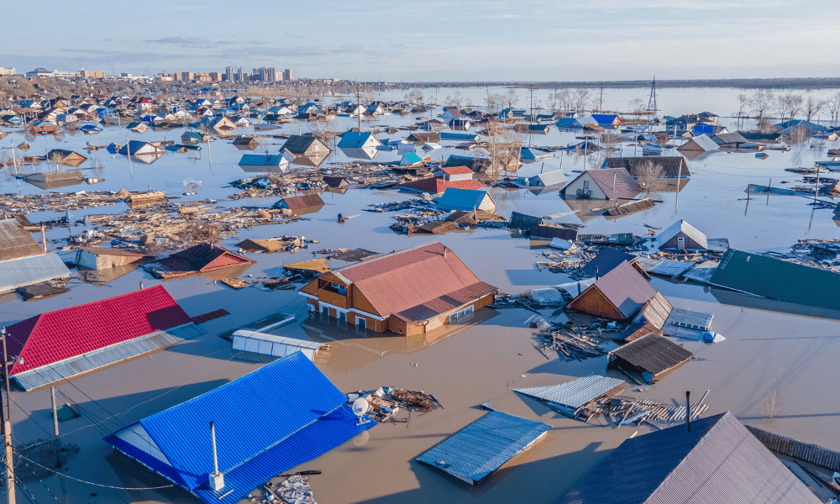

A report released by the Helen Clark Foundation in collaboration with engineering consultancy WSP has warned that climate change could severely disrupt residential insurance in Aotearoa New Zealand.
The study highlighted the growing risks of “insurance retreat,” where properties in high-risk zones could become uninsurable as the frequency and intensity of extreme weather events increase.
The report, titled “Premiums Under Pressure – How Climate Change Will Reshape Residential Property Insurance, and What to Do About It,” projects that around 10,000 coastal properties in Auckland, Wellington, Christchurch, and Dunedin may lose access to insurance by 2050 due to threats like erosion and rising sea levels. Inland properties prone to flooding are similarly at risk.
Without interventions, insurance premiums for homes in flood-prone areas are expected to rise sharply, potentially pricing out many homeowners. The report anticipates that insurers may eventually stop providing coverage for properties deemed too risky.
Low-income households are expected to bear the brunt of this shift, as unaffordable premiums could leave many without coverage when severe weather events strike. The report underscored the risk of social inequities emerging from this trend, as vulnerable communities face greater economic hardship in the wake of disasters.
Kali Mercier, WSP fellow and the report’s author, said high levels of residential insurance are crucial for maintaining economic and social stability amid escalating climate risks.
“Maintaining high residential insurance coverage, especially for floods, is critical to safeguard the country’s economic and social resilience in the face of climate change, and to keep people in vulnerable locations from falling into poverty when weather-related disasters strike,” she said.
She emphasised that insurance helps households, communities, and the broader economy recover from the financial shocks caused by extreme weather events.
The report outlined potential measures to address rising insurance costs, such as:
Ensuring the competitiveness of the insurance market is also a priority.
The report calls on the government to take immediate steps to address the issue, including:
Richard Woods, WSP’s service line leader for risk and resilience, noted that the February 2023 flooding and Cyclone Gabrielle served as stark reminders of the increasing risks posed by extreme weather.
“These and other climate change-related extreme weather events are still very fresh in peoples’ minds. They’re a reminder that climate change is more than just an environmental issue. It’s a pressing economic and social challenge for communities,” he said.
He emphasised the need for alignment between insurance practices and public decision-making.
“The country is just one major disaster away from insurance retreat becoming a much more complex problem than it already is. We need a collaborative approach to adaptation and retreat, where decisions by insurance companies complement democratic decision-making about how we adapt to climate change, rather than leading it,” Woods said.
The report underscored the need for urgent action to ensure residential insurance remains accessible.
With climate adaptation planning already underway at the national level, the authors argue this is a key moment to address looming gaps in coverage and protect homeowners in vulnerable areas.
Woods warned that a major disaster could further complicate the situation.
“The future of residential insurance depends on our willingness to act now, or we face a crisis that could engulf our most vulnerable communities. With a government work programme on climate adaptation and risk assessment well underway, now is the time to be having that discussion,” he said.
